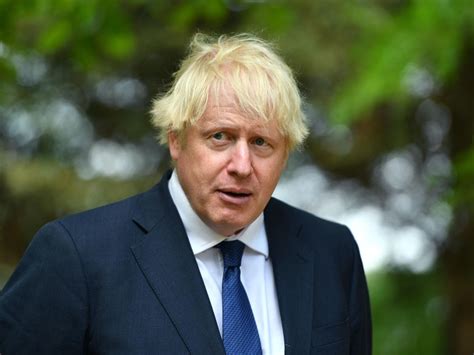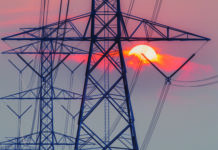Parliament’s all-party Net Zero interest group has accused the Johnson administration of ‘just hoping for the best’ in its supposed quest for carbon reductions in the UK economy.
Lack of leadership from No 10 in identifying or promoting practical actions to achieve its NZ goal by 2050 leaves the MPs ‘profoundly concerned’, their latest report ‘The Net Zero Roadmap’ declares.
The document voices the group’s disquiet at the administration’s “lack of immediate action, debate, planning and investment commensurate with the scale of the (NZ) challenge”.
In November 2020 the group published its own Ten Point Net Zero Plan, calling on Johnson’s ministers to develop a clear and systematic Net Zero roadmap. Concrete near-term targets were needed, the NZ-APPG argued, linking to a clear vision of how achieving them would contribute to delivering an inclusive, fair and sustainable Net Zero UK
It called for “an expansive, ambitious green recovery package from Covid-19, including making government support to industry conditional on both a commitment and demonstrated progress towards Net Zero”. The group cited the government’s Covid Corporate Financing Facility.
All-party interest groups have no formal status in Westminster’s law-making. But EDF, National Grid, Barratt Homes, Centrica and Atkins together provided £30,000 in the latest declared year to fund the Net Zero group’s researches.
“Our Net Zero Roadmap demonstrates that there remains a recurrent concern over Government failure to engage with the public on the more challenging and long-term decisions”, this week’s report says.
“The Net Zero APPG do not believe that effective climate policy can simply depend on just hoping for the best”.
The criticism comes in the wake of a report last weekend that chancellor Rishi Sunak is fighting shy of allocating £30 Billion to accelerate the stripping of diesel locomotion out of Britain’s rail network. Electricity for trains reaches only 42% of the UK’s tracks, leaving the nation’s railways among the least electrified of any European country.
The Net Zero group’s November 2020 call came twelve months before Johnson’s fleeting visit to CoP26 in Glasgow ended not by rail, but with a flight south to join climate science deniers and former journalist colleagues for social dining at the Garrick Club.
Parliamentary observers have speculated that, his immediate electoral advantage aside, Johnson’s recently acquired interest in green causes stems from his wife. The former Carrie Symonds began work in January as director of communications for the Aspinall Foundation, a group of private zoos nurturing endangered species.
The latest mother of two of Johnson’s unnumbered accumulation of children was reportedly the hostess of an illegal, socially-undistanced party at the Johnsons’ flat on 13 December 2020, the day maverick advisor Dominic Cummings was sacked by her husband’.
Mrs Johnson’s employers are being investigated by the Charities Commission for alleged financial irregularities. It has been reported that around £ 150,000, or 10% of the conservation foundation’s total declared donations for the year to April 2021, were allegedly paid to its chairman’s wife Victoria Aspinall for ‘interior design services.’





I agree with the concern of the Net Zero Group (of MPs) that our government is not moving fast enough to put measures in place to mitigate climate change, compared with many other developed nations; however the UK’s hydrogen strategy published in August this year predicts that around 30% of the nation’s energy will be delivered as green hydrogen by 2050, and the commitments on page 85 include:
“We will prepare a hydrogen sector development action plan, including for UK supply chains, by early 2022.”
Notwithstanding typical government speak “early 2022” which means “late summer 2022”, this is better news as the UK tries to catch up with other developed countries in hydrogen deployment.
It’s not surprising that the decarbonisation of many of our railways has been delayed again because of the mantra that this has to be done by electrification which will require the rebuilding of many 19th century bridges and the installation of the overhead catenary wires at huge capital cost, when a far less expensive alternative of converting the existing diesel electric trains one by one, to hydrogen electric which has been proved in the Hydroflex and Breeze conversions which would be far less expensive.